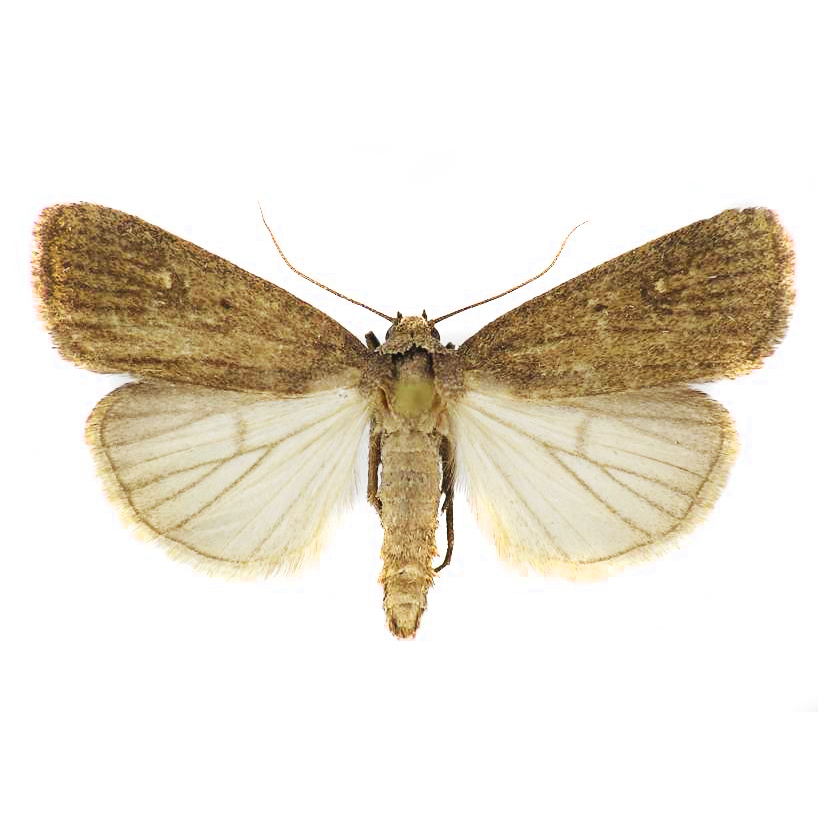


| Latin Name | Athetis lepigone |
| Common Name | Millet head armyworm |
| Biology | Adults are nocturnal and exhibit attraction to black light traps, laying eggs in the soil near the roots of crops such as corn and wheat. Larvae bore into crop roots, causing plants to wither and die, and are a significant underground pest in northern regions in recent years. |
| Damage | This pest primarily damage Poaceae crops such as corn, wheat, and sorghum. |
| Distribution Regions | East Asian corn belt |
| Monitoring | Pheromone lures mimic natural sex pheromones to attract male insects into specialized traps for population monitoring and suppression. As a core IPM component, monitoring enables early risk detection and targeted control. Mass trapping reduces mating opportunities to curb offspring populations. Protocols: ●Use only with matched traps. ●15-45 traps/hectare,replace/replenish every 4-6 weeks. ●Wear gloves or wash hands with detergent when switching lure types. ●Refer to trap-specific hanging instructions. |
| Recommended Traps | Delta Trap, Wing Trap |

Teilen Sie Ihre Kontaktinformationen, um präzise passende Pheromonlösungen zu erhalten. Sollte unser bestehendes Portfolio keine optimale Lösung bieten, initiiert unser Synthesechemie-Team eine kundenspezifische Entwicklung – vom Molekülstrukturdesign bis zur skalierten Produktion.